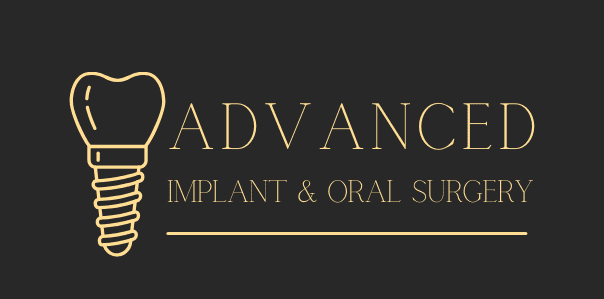Dr. Bradley Dean is a board-certified periodontist in the Dallas, TX area. Periodontists spot, treat, and prevent gum disease. They can also perform the surgical placement of dental implants. In addition to gum treatments, Dr. Bradley Dean is an implant specialist and can replace missing teeth.
We focus on dental implant services and gum disease treatments. Our state-of-the-art office successfully handles all sorts of gum cases.

What Does a Periodontist Do?
A periodontist is a dental specialist with advanced training in diagnosing and treating gum disease and conditions affecting the supporting structures of the teeth. Dr. Dean performs scaling and root planing, gum grafts, and oral surgeries to preserve or restore your oral health. He also offers expert dental implant placement, including advanced options like All-on-Four, teeth in a day, and implant-secured dentures and bridges.
When Should You See a Periodontist?
You should see a periodontist if you notice:
- Bleeding or swollen gums
- Gum recession
- Loose teeth or shifting bite
- Persistent bad breath
- A history of gum disease or tooth loss
Early intervention can prevent long-term damage and improve the success of implant procedures. Dr. Dean also accepts referrals from general dentists for patients needing specialized gum care.
Periodontist vs. Dentist: What’s the Difference?
While general dentists handle routine care, periodontists undergo three additional years of specialized training focused exclusively on gum health, complex surgeries, and implantology. Dr. Dean combines his deep expertise with advanced technology to provide precise, minimally invasive care.
Periodontist FAQs
Learn more about gum disease and treatment from your periodontist in Dallas, TX, with answers to these common questions:
Can a Periodontist do surgery?
Yes, a periodontist can perform surgery. They are dental specialists trained in surgical procedures to treat advanced gum disease, place dental implants, perform bone and gum grafts, and reshape gum tissue. Periodontists receive additional years of education beyond dental school to handle complex surgical cases involving the gums and jawbone.
Is periodontal gum surgery painful?
During periodontal surgery, you’ll receive local anesthesia to numb the area. As a result, you shouldn’t feel any pain during the procedure.
After surgery, as the anesthesia wears off, you may experience some discomfort. The level of discomfort varies between patients and will depend on the complexity of the procedure. Our dentist will provide instructions for pain management and recovery. We often recommend eating soft foods, taking pain medication, and using a cold compress.
How long is periodontal recovery?
The recovery time after gum treatment can vary depending on the procedure and the patient’s health. On average, gums may take a few weeks to a month or more to heal. For severe periodontal disease, some patients can recover in 5 to 8 weeks with proper treatment. Follow all post-treatment care instructions from your dentist or periodontist to ensure the best healing process.
Is a periodontist different than a dentist?
A periodontist and a dentist have different roles. While both are dental professionals, a periodontist is a dentist who specializes in preventing, diagnosing, and treating gum diseases.
To become a periodontist, a dentist completes three additional years of training beyond dental school. In contrast, general dentists cover many oral health issues, including routine check-ups, cleanings, fillings, and basic gum care. General dentists often refer patients to periodontists if they need specialized gum treatment.
Can someone with periodontal disease get implants?
Yes, a person with a history of gum disease can get dental implants. However, the person must bring their gum disease under control before the dental implant procedure.
Uncontrolled gum disease can lead to bone loss in the jaw, making the dental implant procedure more challenging. Therefore, your dentist or periodontist wants to treat the gum disease first. They may need to perform bone grafting before proceeding with the dental implant. This preparation decreases the risk of the post failing.
Does medical insurance cover a periodontist?
Whether your dental or medical insurance covers a periodontist depends on your insurance plans. Some dental insurance plans do cover gum treatments. However, medical insurance typically does not cover dental procedures, including those performed by a periodontist. It’s always a good idea to check with your insurance provider to understand what they cover under your plan.
What does a periodontist do for receding gums?
A periodontist may recommend scaling and root planing. These deep cleaning procedures are effective for receding gums. They help remove plaque and tartar buildup from the gums and tooth roots.
If the recession worsens, a periodontist may recommend surgical procedures such as gum grafts to restore the gum line. Regular check-ups and good oral hygiene can help prevent further problems.
Make A Dental Implant Consultation
As your periodontist in Dallas, TX, Dr. Dean offers gum treatments and implant options. His services include teeth in a day, removable and fixed dentures, All-on-four, and implant-secured bridges.
To meet Dr. Dean and discuss your gum therapy needs, schedule an appointment online or call (972) 964-2900 today. Please inform Dr. Dean at your next visit if you have gum treatment questions. He will be glad to help you.
